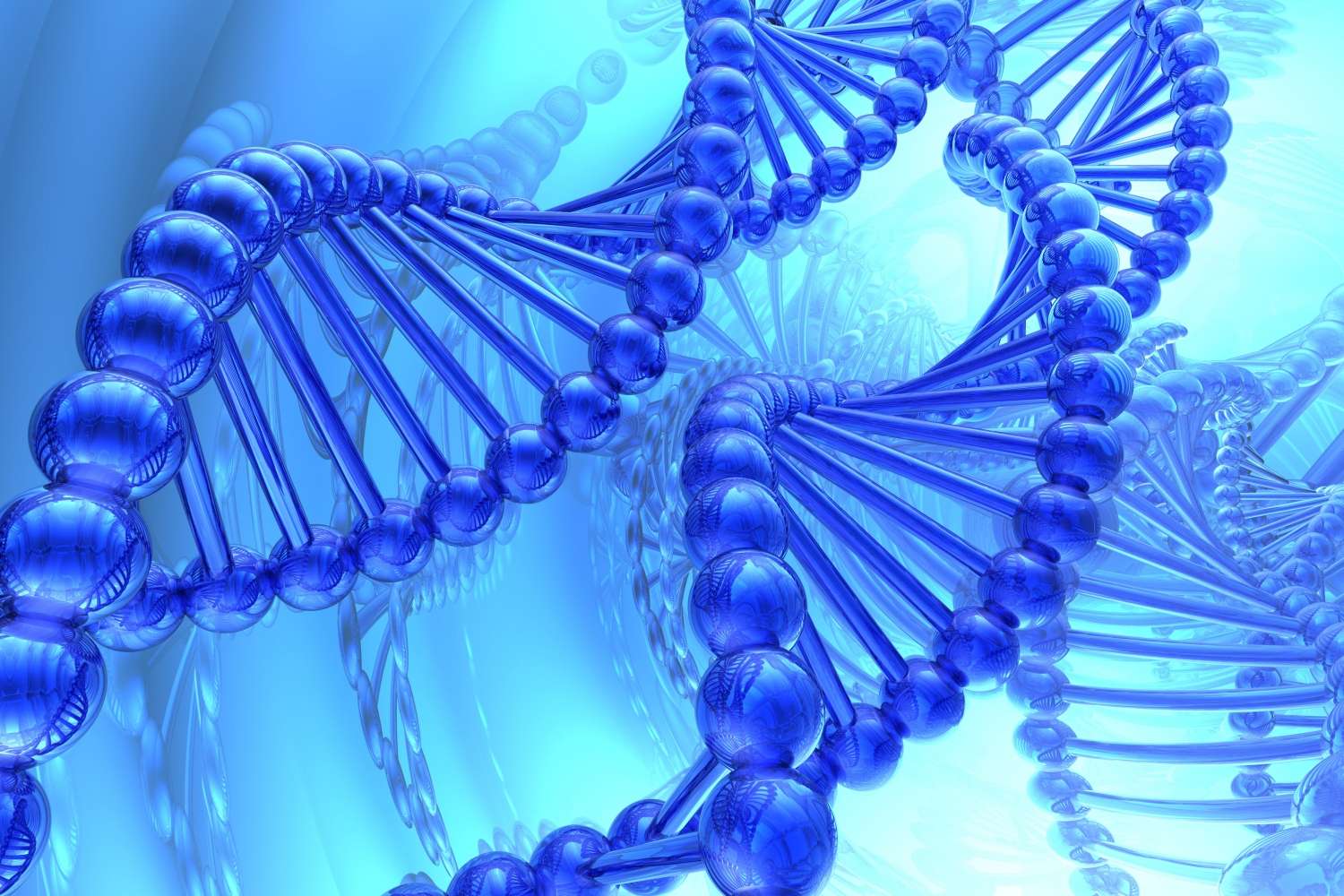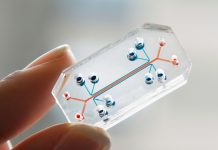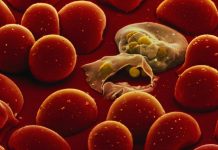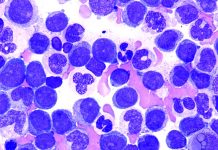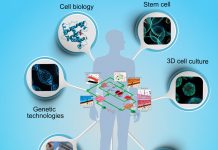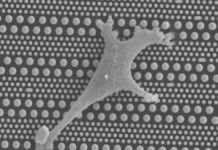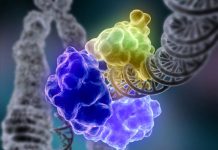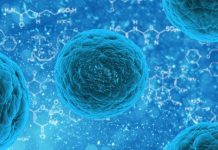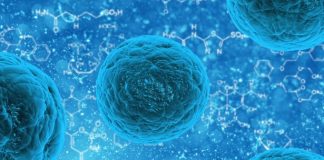A dozen of organisations from all over the world will unite around an innovative project: MetaBLE. The main idea behind this project is to promote advanced DNA bioinformatics research to discover new biocatalysts, and thus improve industrial bioprocesses.
Perspectives of genome analyses
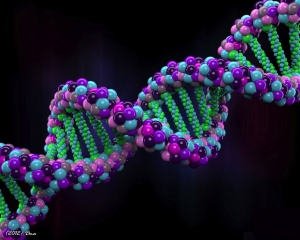 Once a genome is entirely known, we can find a huge amount of information in practically any area of biological research and this is the reason why more than 4000 organisms have seen their genome analysed during the past decade. For instance, the analysis of the human genome can help to understand diseases and then help to developp new cures. Moreover, the analysis of microbial genomes can also influence the research about evolution.
Once a genome is entirely known, we can find a huge amount of information in practically any area of biological research and this is the reason why more than 4000 organisms have seen their genome analysed during the past decade. For instance, the analysis of the human genome can help to understand diseases and then help to developp new cures. Moreover, the analysis of microbial genomes can also influence the research about evolution.
The use of bioinformatics in this field is nowadays crucial, essentially to speed up the analysis of a large number of genomic data.
The metaBLE project objectives
 The main goal of the MetaBLE project is to identify the general mechanisms of environmental adaptation and to discover new biocatalysts to be exploited for industrial processes. To do so, the first goal is to improve the services and tools available for genome sequence analysis.
The main goal of the MetaBLE project is to identify the general mechanisms of environmental adaptation and to discover new biocatalysts to be exploited for industrial processes. To do so, the first goal is to improve the services and tools available for genome sequence analysis.
Then, the discovery and the optimization of new enzymes and new metabolic pathways will rely on the study of extremophiles: a source of enzymes with huge stability under conditions regarded as incompatible with biological materials.
Hadrien Vielle

Author
Auteur
Hadrien is an engineer and was trained in biology, physics and bio-engineering at the École Polytechnique féminine in Paris.
More about the Long Long Life team
Hadrien est aujourd’hui ingénieur polyvalent après une formation en biologie, physique et bio-ingénierie à l’École Polytechnique féminine.
En savoir plus sur l’équipe de Long Long Life


